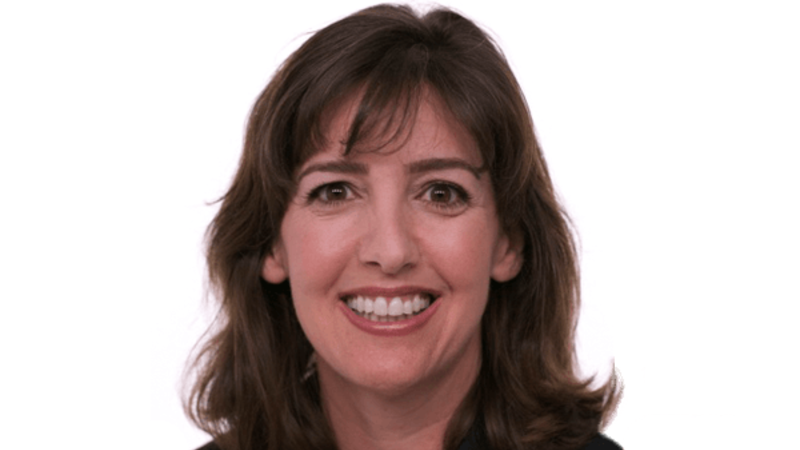
The story below was written by Randall Booker, superintendent of Piedmont Unified School District, for the district's website. It is being republished with permission from Booker and the district.
Piedmont Unified School District is committed to supporting our students’ social emotional learning and academic engagement. We want our students to feel physically and mentally well, have few academic worries and be productive. To help us meet these goals, we partner with Challenge Success, an organization that provides information and strategies to help students have a more balanced and academically fulfilling life. Challenge Success implements best practices in areas such as curriculum, assessment, homework, school schedule, and a healthy school climate.
On Tuesday, January 19, Dr. Denise Pope, a senior lecturer at the Stanford University Graduate School of Education and a founder of Challenge Success, gave a presentation to our school community on student balance. Denise’s presentation covered research on sleep, extracurriculars, stress, media, cheating and the parent’s role in protecting playtime, downtime and family time.
Specifically, Denise looked at how students today are coping —or not — with the academic pressure they face; ways to reduce academic stress without sacrificing achievement or engagement in school; and strategies to increase resilience, creativity, and well-being.
So how can we help our kids stay balanced, motivated and resilient in today’s high-pressure, fast-paced culture? And foster learners who are healthy, motivated, and prepared for adulthood? Here are some highlights from Denise’s presentation:
DEFINING SUCCESS
When Denise asks adults to define success they use words such as empathetic, kind, resilient and content. They see success as intrinsic. Conversely, students posed the same question come up with extrinsic descriptors, such as getting good grades, getting into a good college and making a lot of money. We should encourage our kids to broaden their ideas of success, by looking inward and not using the prevailing values.
SLEEP
Our kids need to sleep. Research shows that adolescents need 9.25 to 9.5 hours of sleep to maintain health. Sleep helps kids learn better, think more creatively and make better decisions.
PLAYTIME
We all need ample time for play and fun, especially children. We should preserve chunks of unstructured time during the week for recreation. We should schedule course load and extracurricular activities carefully and allow for social time.
DOWNTIME
Kids of all ages need restorative time to reflect and dream. Especially when they’ve been at school all day and on task, they need time to “chill” and rejuvenate. This can include moderate doses of screen time and self-directed relaxation such as reading and listening to music. And research shows they are much more productive with their time if they have a chance to decompress first.
FAMILY TIME
Studies show that families that spend 20-25 minutes with the majority of the family together five times a week reap many benefits. Family time is a protective measure for kids, giving them the opportunity to feel safe, connected and form lasting bonds. We can foster family time by avoiding activities during dinnertime, preserving time for family traditions and rituals and having designated “unplugged” time together.
And here are other ways to support healthy development and foster real success:
Denise also reviewed the Challenge Success SPACE framework as a way to keep students well-balanced and called out some of the SPACE framework programs PUSD have put into place to decrease stress such as late start dates, increased tutorials, open session and mindfulness training. And we are excited that additional programs to create a healthy school environment are in the works. Stay tuned!
For more information on the Challenge Success Program, please visit http://www.challengesuccess.org. To learn about Denise Pope's latest book, here's an interview that was posted in July on the GSE website. Her research findings on the negative effects of too much homework were discussed in this story from Stanford News Service.
Subscribe to our monthly newsletter.